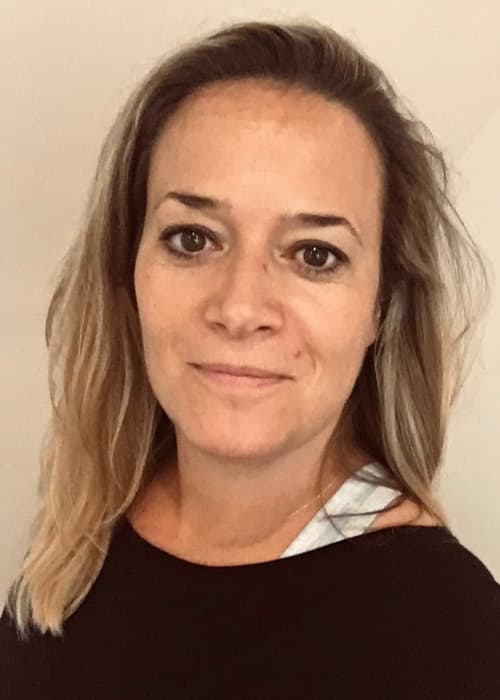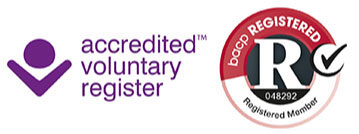
Frequently asked questions
What do counsellors/psychotherapists do?
Careful listening is the largest part of what all counsellors/psychotherapists do.
I make sure you have defined the problem areas in your own terms and help you define what you wish to do next. I then help you achieve your goals using a variety of approaches and tailoring them to suit you.
What kinds of problems can I talk to a counsellor/psychotherapist about?
There are no hard and fast rules. If something is troubling you it is worth spending some time thinking about why. There are, however, a number of issues that frequently come up, for example:
Relationship difficulties: family and friends, partners, colleagues, commitment, jealousy, abuse
Family issues: partners, children, parenting, separation and divorce
Lack of confidence: worried about failing, never being good enough, feeling judged
Depression: feeling isolated, lonely, empty, tearful, unloved, suicidal
Repeated destructive behaviour: binge eating, harming oneself, abusive relationships, alcohol, drugs
Anxiety: lack of control, panic attacks, feelings of inadequacy
Bereavement: loss, anger, loneliness, sadness, depression.
What do I say?
It doesn’t really matter how you present your problem. You can say whatever you like.
Sometimes there is silence; sometimes you might find yourself saying things you had not expected to say. I will help you explore the matter and will keep referring to you to clarify your understanding.
The sessions are long enough for you to return to the different areas until you are happy that you have expressed what you are really feeling.
Will the counsellor/psychotherapist give me advice?
Counsellors don’t give advice like, “I’d leave university if I was you.” The purpose of counselling is to help you make your own decision.
I will never make a moral decision about the course of action you ought to take.
I may sum up what I understand you have been saying so far in order to help you move on and form a plan of action.
I can offer pointers to how others have successfully dealt with common problems and may also make suggestions such as, “Have you thought of the following…”
What will the counsellor/psychotherapist think of me - will they think badly of me for getting into a mess?
No. Counselling is based in the belief that most people naturally strive to make the best use of themselves.
When something goes wrong it is usually because we are pushing ourselves too hard, because we are in a muddle for reasons we don’t fully understand or because we are actually suffering some form of mental distress which is distorting our view of reality.
Judging clients is therefore neither helpful nor relevant; you need to be supported in finding your own way out of the problem.
Doesn’t asking for counselling mean admitting failure?
Paradoxically, it can be seen as an indication of strength to ask for counselling.
Many people think that they are being strong in not seeking help whereas in fact those who can admit to their difficulties could be considered the strong ones.
Asking for counselling often means you have taken the first difficult step on the road to resolving the problem.
What if I still feel ashamed of my problems?
I accept that it is natural to want to appear successful and that most of us feel some shame when we have problems and so don’t want to advertise our difficulties.
This is one of the reasons counselling places a great emphasis on confidentiality.
How confidential is counselling?
I work to a strict Code of Ethics which means I always inform you of the limits of confidentiality and then stick to these rules.
What are the limits of confidentiality?
Everything you say is kept confidential unless there is clear evidence that you or someone else may be at a severe risk. This will always be discussed with you first.
How do I know if I need counselling/psychotherapy?
Only you can decide whether you wish to try counselling or psychotherapy. Just talking to someone confidentially who is not a friend or family member can make all the difference. Counselling or psychotherapy provides a regular time for those in distress to explore their feelings and talk about their problems. I can help you develop better ways of coping, allowing you to live the life you deserve.
How long does each counselling sessions last?
Each session will last 50 minutes.
Are you able to offer online therapy?
I do, however there are a few things to consider when deciding to see a therapist online. Do you have somewhere private and quiet you can meet. Do you have access to a stable camera and somewhere comfortable to sit. If so, then I believe online counselling can be as effective as face to face. It also means I can offer more flexibility in when we can meet and it allows you to slot your sessions in to your own schedule more efficiently.
How regularly will I see my counsellor or psychotherapist?
I offer weekly sessions, however this can vary depending on the type of therapy and your personal requirements.




